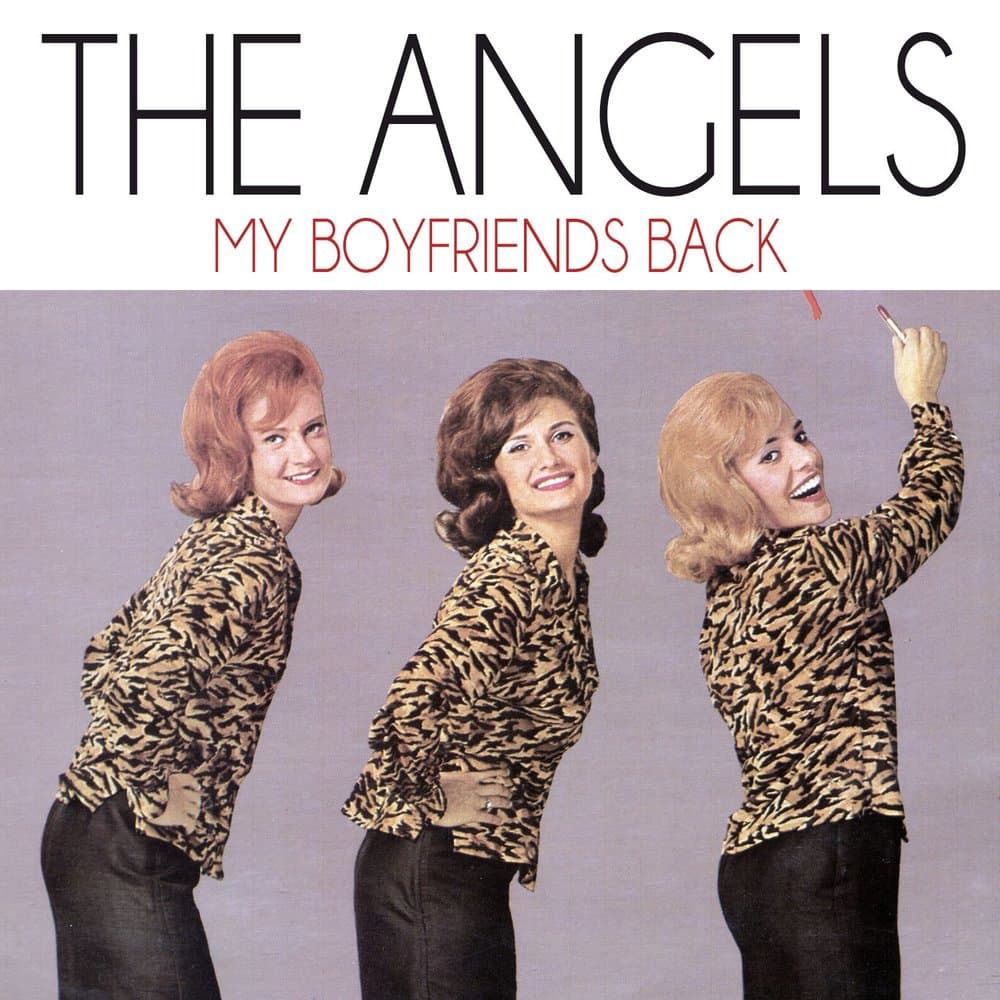
The Angels’ “My Boyfriend’s Back”: A Defiant Anthem of Loyalty and Revenge
Released in 1963, “My Boyfriend’s Back” by The Angels is a timeless girl group classic, brimming with youthful energy and sharp wit. Written by the prolific songwriting team of Bob Feldman, Jerry Goldstein, and Richard Gottehrer, the song quickly became a cultural phenomenon, spending three weeks at the top of the Billboard Hot 100 and solidifying its place in the pantheon of early 1960s pop. Its irresistible blend of drama, catchy melodies, and clever storytelling made it a definitive anthem of its era.
At its core, “My Boyfriend’s Back” is a tale of resilience and vindication. The narrator, a confident young woman, warns a scorned suitor who has tarnished her reputation with false rumors. She declares that her boyfriend has returned, ready to confront the troublemaker and set things right. The opening spoken-word introduction immediately sets the stage with a tone of both vulnerability and defiance: “He went away, and you hung around, and bothered me every night. And when I wouldn’t go out with you, you said things that weren’t very nice.” This blend of conversational storytelling and musical swagger gives the song its unique charm.
Musically, “My Boyfriend’s Back” is quintessential 1960s pop, driven by upbeat percussion, jangly guitars, and the distinctive harmonies of The Angels. The interplay between the lead vocal and the backing singers enhances the song’s theatrical feel, as if the listener is part of a spirited confrontation. The song’s structure is masterful, with its driving beat and layered arrangements building tension as the narrative unfolds. Its final fade-out—featuring repeated warnings to the antagonist—cements the narrator’s triumph in a satisfying conclusion.
The musicianship on the track is notable, with contributions from seasoned session players such as Herbie Lovelle on drums, Al Gorgoni and Billy Butler on guitar, and Bob Bushnell’s bass work, which adds a subtle richness to the track. Interestingly, a young Ronnie Dio, later famous in the rock world, lent his talents on trumpet, adding another layer of intrigue to the recording’s history.
Lyrically, the song resonates as an anthem of empowerment, capturing the spirit of standing firm against slander and injustice. Its sharp dialogue and biting lines—“Now you’re gonna get a beatin’!”—add a playful but pointed edge, showcasing the brash confidence that made The Angels so compelling. For audiences in 1963, it was more than a catchy tune; it was a celebration of self-assurance and loyalty wrapped in an irresistibly catchy package.
The production itself reflects the polish and energy of the early 1960s girl group era, with Feldman, Goldstein, and Gottehrer ensuring that every element—vocals, instrumentation, and dynamics—was designed to grab attention. The single’s immediate success speaks to the team’s ability to craft songs that balanced storytelling and musical hooks with ease.
“My Boyfriend’s Back” became more than a chart-topping hit; it was a cultural touchstone that inspired generations of listeners and countless covers. Its spirited message of justice and its unabashed embrace of youthful bravado keep it fresh and relevant even decades later. For The Angels, it remains their signature song—a moment of pop perfection that encapsulates the exuberance and drama of teenage life in the early 1960s.